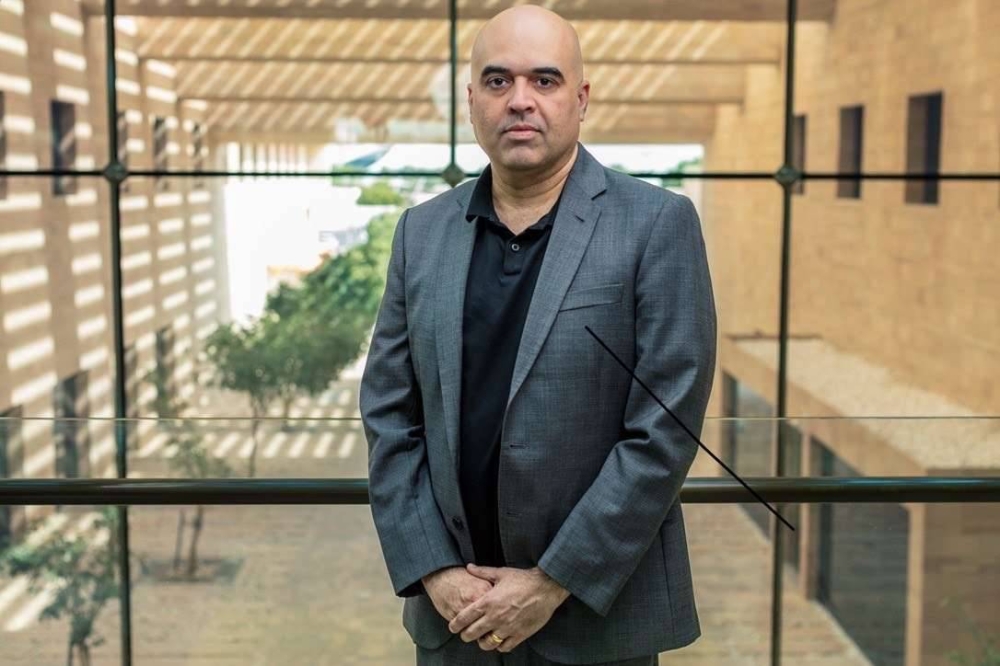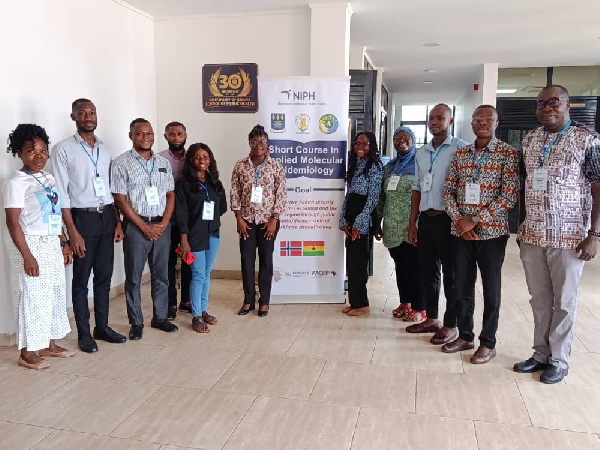
Qatar tribune Hanane Djoua Doha As Qatar’s financial sector continues to expand, the demand for professionals trained in Islamic finance is rising. Recognising this need, Carnegie Mellon University in Qatar (CMU-Q) has introduced the Islamic Business Management concentration, a program designed to equip students with the knowledge and skills necessary to excel in Qatar’s growing Islamic finance industry. Fuad Farooqi, area head for business administration and teaching professor of finance at CMU-Q, explained the motivation behind the program’s launch: “My colleagues and I had been exploring Islamic finance and banking courses, and we realized that the time was right to introduce a full-fledged concentration that encompasses the multifaceted nature of business in this region.
” A Holistic Approach to Islamic Finance Unlike programs that focus solely on Islamic banking products, CMU-Q’s Islamic Business Management concentration offers a broader perspective. “Our Islamic Business Management concentration offers a unique approach. We don’t just focus on Islamic finance products; we delve deeper.

Students learn Islamic economics, understanding how these products fit within a larger Islamic economic framework.” Meeting the Needs of Qatar’s Unique Banking Landscape Qatar’s financial system is distinct in its coexistence of Islamic and conventional banking institutions. This creates a strong demand for professionals with expertise in Sharia-compliant financial instruments and risk management.
Farooqi emphasized that CMU-Q’s concentration is tailored to meet this demand: “Qatar’s unique banking system, with its Islamic and conventional banks, creates a demand for graduates skilled in Islamic finance. CMU-Q’s Islamic Business Management concentration equips students with this specialized knowledge..
” One of the key challenges in Islamic finance is ensuring genuine compliance with Islamic principles, rather than simply repackaging conventional banking practices under the label of Sharia compliance. CMU-Q is addressing this issue head-on. “One of the biggest challenges currently facing the Islamic finance industry is the perception that banks sometimes engage in financial structure gymnastics—the repackaging of conventional banking products to appear Sharia-compliant.
Our program trains students to critically examine and refine these existing models, positioning them to help the sector evolve into a more transparent and genuinely independent alternative that upholds the core ethical and religious values of Islamic finance.” Industry Collaboration for Real-World Learning To ensure its curriculum remains relevant, CMU-Q actively collaborates with financial institutions in Qatar. Regular guest lectures from industry experts, as well as ongoing curriculum reviews, help students gain practical insights into the evolving landscape of Islamic finance.
“We maintain strong ties with Qatar’s financial sector to ensure our Islamic Business Management concentration remains current and relevant. We regularly invite guest speakers from the market to share real-world insights with our students,” said Farooqi. The Ethical and Sustainable Foundations of Islamic Economics Veli Safak, assistant teaching professor of economics at CMU-Q and an expert in Islamic economics, emphasized that Islamic finance is part of a broader economic philosophy that promotes ethical and sustainable business practices.
“Students studying Islamic economics in Carnegie Mellon University in Qatar learn the principles and history of various economic schools, gaining insights into their origins and evolution.” According to Safak, this knowledge not only broadens students’ economic perspectives but also equips them with the tools to implement Islamic principles in real-world scenarios, fostering a more balanced and ethical economic system. “Islamic banking operates alongside conventional banks, offering individuals, businesses, and institutions the option to engage in financial activities that comply with Shariah law.
Many Islamic bankers view their work not just as a business, but as a duty to the Muslim community, ensuring that banking practices align with Islamic principles. This compliance means that financial instruments are backed by real assets, reducing exposure to highly speculative investments.” A Booming Global Market Islamic finance has gained significant traction worldwide, with the industry valued at approximately $4 trillion across more than 80 countries.
The sector has maintained a steady annual growth rate of 6.3%, drawing interest from both Muslim and non-Muslim investors. “Islamic economics promotes sustainable and ethical business practices, rooted in the principle of vice-regency.
,” Safak explained. Dispelling Common Misconceptions Despite its growing appeal, Islamic finance and economics are often misunderstood. One of the most common misconceptions is that Islamic economics opposes free markets.
However, Safak clarified that the system is deeply rooted in trade and entrepreneurship. “Islamic economics is often misunderstood as being anti-market and favouring central planning. In reality, it is quite the opposite.
Reflecting this history, Islamic economics is a market-based system that places the individual—rather than institutions—at its core. This individual-centric approach emphasizes and encourages private initiative and learning.” Another misconception is that Islamic finance is only for Muslims.
However, non-Muslims can also engage with Islamic banks and Sharia-compliant investment opportunities. “Anyone can bank with an Islamic bank or invest in Shariah-compliant assets, regardless of their faith. Shaping the Future of Islamic Finance By addressing these misconceptions and providing a strong academic foundation, CMU-Q’s Islamic Business Management concentration is not only preparing students for careers in Islamic finance but also shaping the future of the industry itself.
With a curriculum designed to blend theory with practical application, and a commitment to ethical business principles, CMU-Q’s initiative is a major step toward strengthening Qatar’s position as a hub for Islamic finance. Copy 02/04/2025 10.














